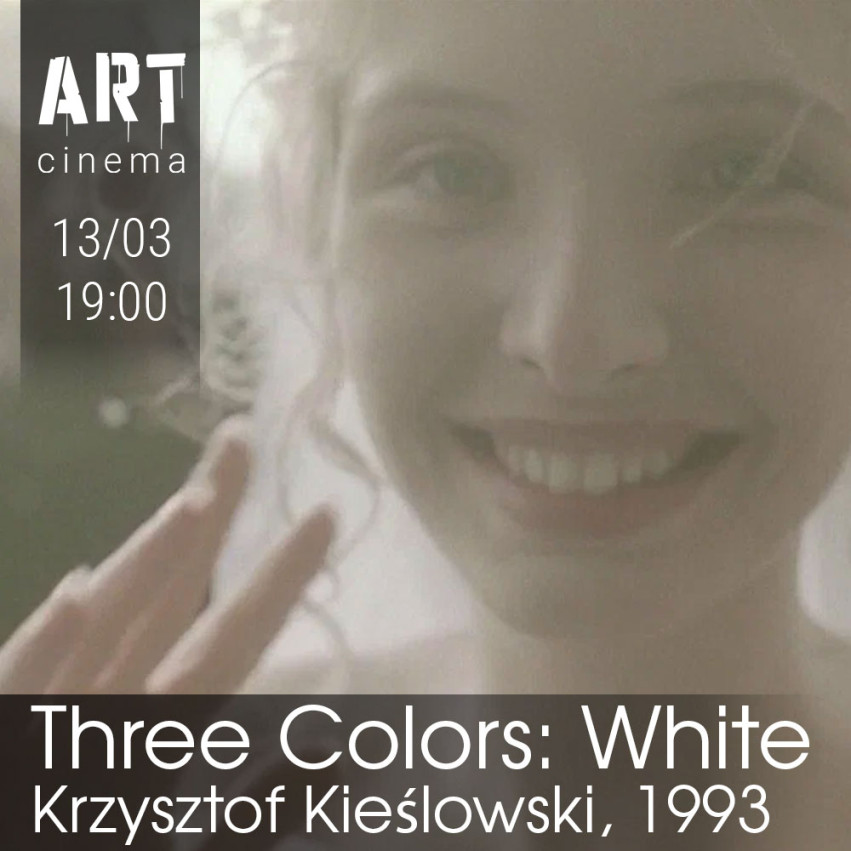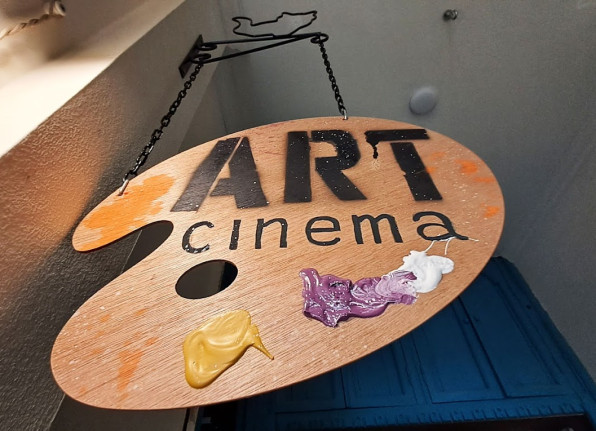 Menu
Menu
-
Experiences
-
Experiences
-
Posters
Menu
-
Categories
-
Places
Menu
- Galleries LICHT Gallery ExpoGeorgia IArt Gallery Dimitri Shevardnadze National Gallery Tbilisi Digital Space
- City sites Mtatsminda Park Mziuri Park Vake Park April 9 (Alexander) garden Shota Rustaveli Avenue
- Children's studios Creative center Art BOOM Tamashobana Happy Kids Art Club Ferdinand farm GinGer
- Ecclesiastical institutions Tbilisi Yoga Loft TBILISI YOGA VILLA Transcendental Meditation Georgia Lumos Yoga Cave
- Event spaces KERA Space Gardenia Shevardnadze Orbeliani Bazaar Fabrika bibliotheque_tbilisi
- Cafe-restaurants Blue Fox Restaurant Tsiskvili Utskho 8000 Vintages Wasserstrasse
- Cinemas Amirani Cinema Cavea City Mall Saburtalo Cavea Grand Mall Cavea Tbilisi Mall Cavea East Point Cavea Galleria
- Concert halls Kakhidze Music Center Monohall MONUMENT Tbilisi Concert Hall Tbilisi Sports Palace
- Lecture halls Terminal Auditoria Colab TBC Concept PRANA
- Museums Georgian Museum of Fine Arts Georgian National Museum Experimentorium Holoseum Zurab Tsereteli Museum of Modern Art
- Nightclubs/bars Love Bar Underwheel club Dedaena Bar KHIDI MTKVARZE
- Educational institutions Institut Français de Géorgie Beka's School BTU The Thinking Academy Japanese Language & Culture Center
- Public organizations Georgian Historic Vehicles Association Georgian-Ukrainian platform (Ukrainian House) The Samaritan Association of Georgia Blood Bank
- Hotels Tbilisi Hills & Residence Pullman Tbilisi Axis Towers Stamba Hotel Sheraton Grand Tbilisi Metechi Palace Holiday Inn Tbilisi
- Sports grounds Dinamo Arena Mikheil Meskhi Stadium Hippodrome Lisi Lake Lilo Arena Paichadze Stadium
- Theaters Nodar Dumbadze Theater (ნოდარ დუმბაძის თეატრი) Tbilisi Circus Royal District Theatre Griboedov Theatre Gabriadze Theatre
-
Categories
-
Posters
-
Categories
-
Places
Menu
- Galleries LICHT Gallery ExpoGeorgia IArt Gallery Dimitri Shevardnadze National Gallery Tbilisi Digital Space
- City sites Mtatsminda Park Mziuri Park Vake Park April 9 (Alexander) garden Shota Rustaveli Avenue
- Children's studios Creative center Art BOOM Tamashobana Happy Kids Art Club Ferdinand farm GinGer
- Ecclesiastical institutions Tbilisi Yoga Loft TBILISI YOGA VILLA Transcendental Meditation Georgia Lumos Yoga Cave
- Event spaces KERA Space Gardenia Shevardnadze Orbeliani Bazaar Fabrika bibliotheque_tbilisi
- Cafe-restaurants Blue Fox Restaurant Tsiskvili Utskho 8000 Vintages Wasserstrasse
- Cinemas Amirani Cinema Cavea City Mall Saburtalo Cavea Grand Mall Cavea Tbilisi Mall Cavea East Point Cavea Galleria
- Concert halls Kakhidze Music Center Monohall MONUMENT Tbilisi Concert Hall Tbilisi Sports Palace
- Lecture halls Terminal Auditoria Colab TBC Concept PRANA
- Museums Georgian Museum of Fine Arts Georgian National Museum Experimentorium Holoseum Zurab Tsereteli Museum of Modern Art
- Nightclubs/bars Love Bar Underwheel club Dedaena Bar KHIDI MTKVARZE
- Educational institutions Institut Français de Géorgie Beka's School BTU The Thinking Academy Japanese Language & Culture Center
- Public organizations Georgian Historic Vehicles Association Georgian-Ukrainian platform (Ukrainian House) The Samaritan Association of Georgia Blood Bank
- Hotels Tbilisi Hills & Residence Pullman Tbilisi Axis Towers Stamba Hotel Sheraton Grand Tbilisi Metechi Palace Holiday Inn Tbilisi
- Sports grounds Dinamo Arena Mikheil Meskhi Stadium Hippodrome Lisi Lake Lilo Arena Paichadze Stadium
- Theaters Nodar Dumbadze Theater (ნოდარ დუმბაძის თეატრი) Tbilisi Circus Royal District Theatre Griboedov Theatre Gabriadze Theatre
Posters
-
Categories
Event already passed

Three Colors: White
Three Colors: White
36, Dzmebi Zubalashvilebi Str.
Ticket price
from15 ₾
Description
The "Three Colors" trilogy is a free reflection on the slogan of the French Revolution, "liberty-equality-fraternity." The second film is dedicated to equality, understood in a very unexpected way.
A young couple, barely married, gets divorced due to an embarrassing misunderstanding: the husband turns out to be impotent and unable to satisfy his young wife. However, the protagonist cannot forget his beloved and seeks a way to win her back.
All the films in the trilogy are different from each other, but "White" is unlike the others. Firstly, it was mainly filmed not in France but in post-socialist Poland, which bears the heavy imprint of its Soviet past. Secondly, unlike the other parts, it is more of a sad comedy than a drama.
The film received the Silver Bear for Best Director at the Berlin Film Festival.
Photos and videos

Location
Sign up for the newsletter





